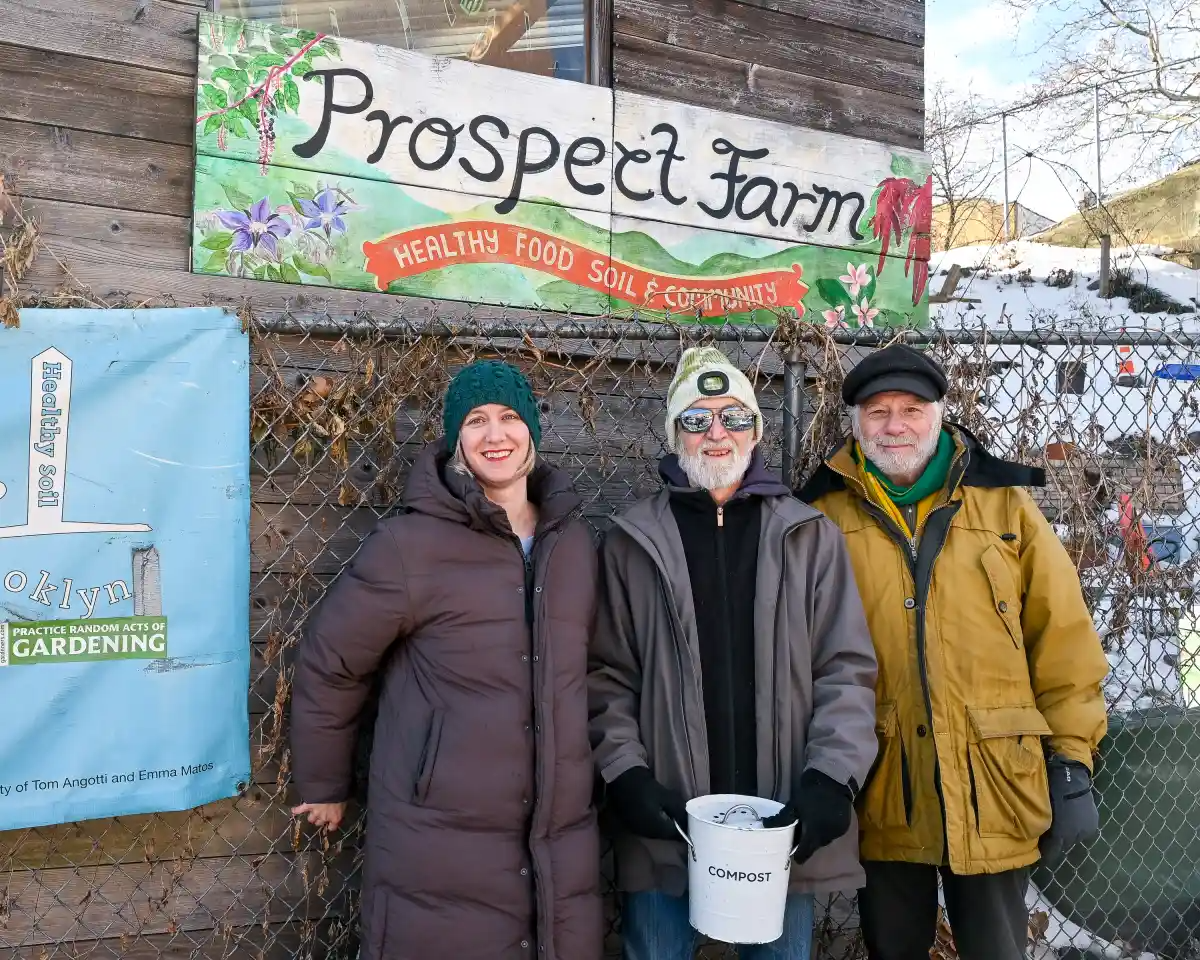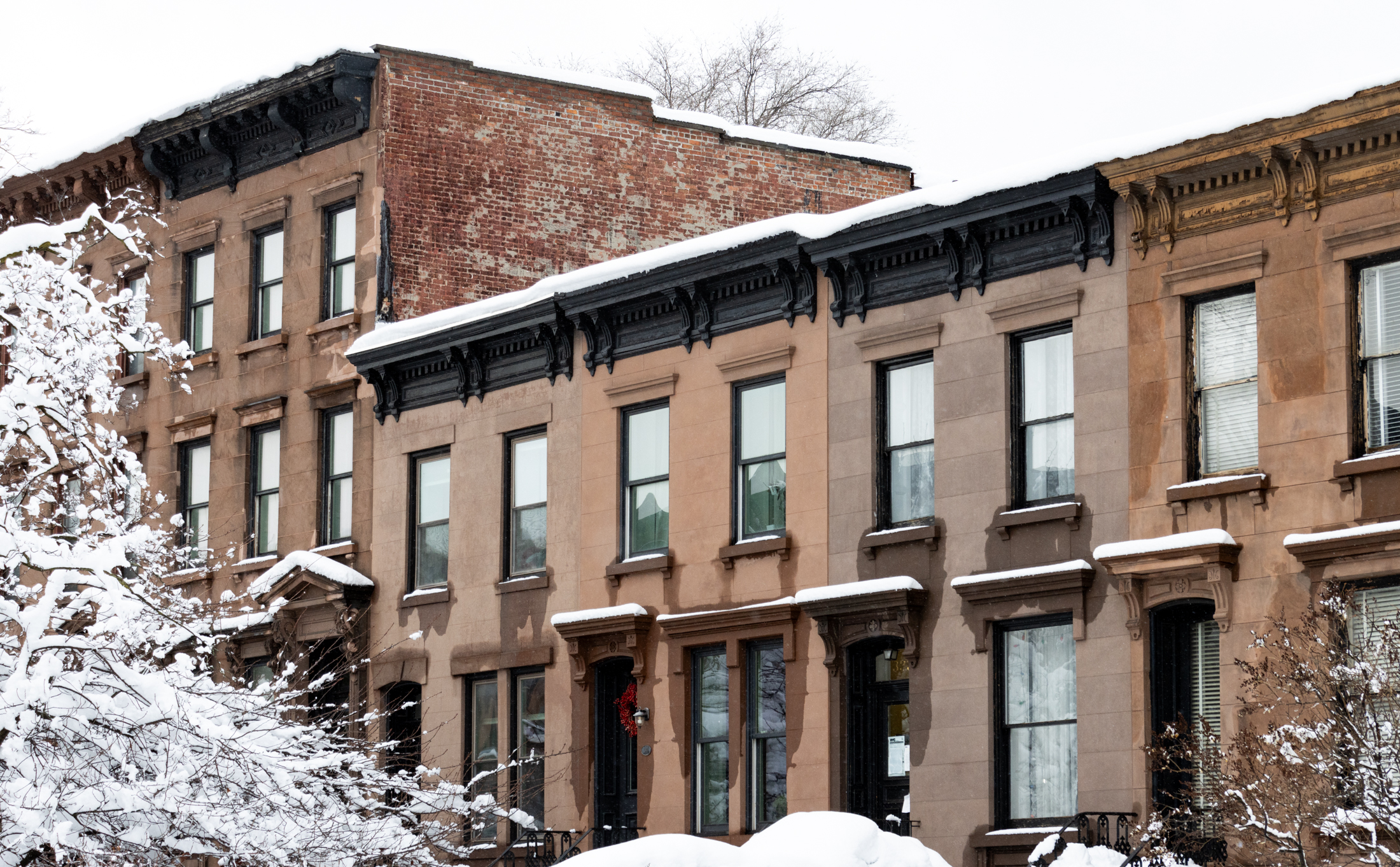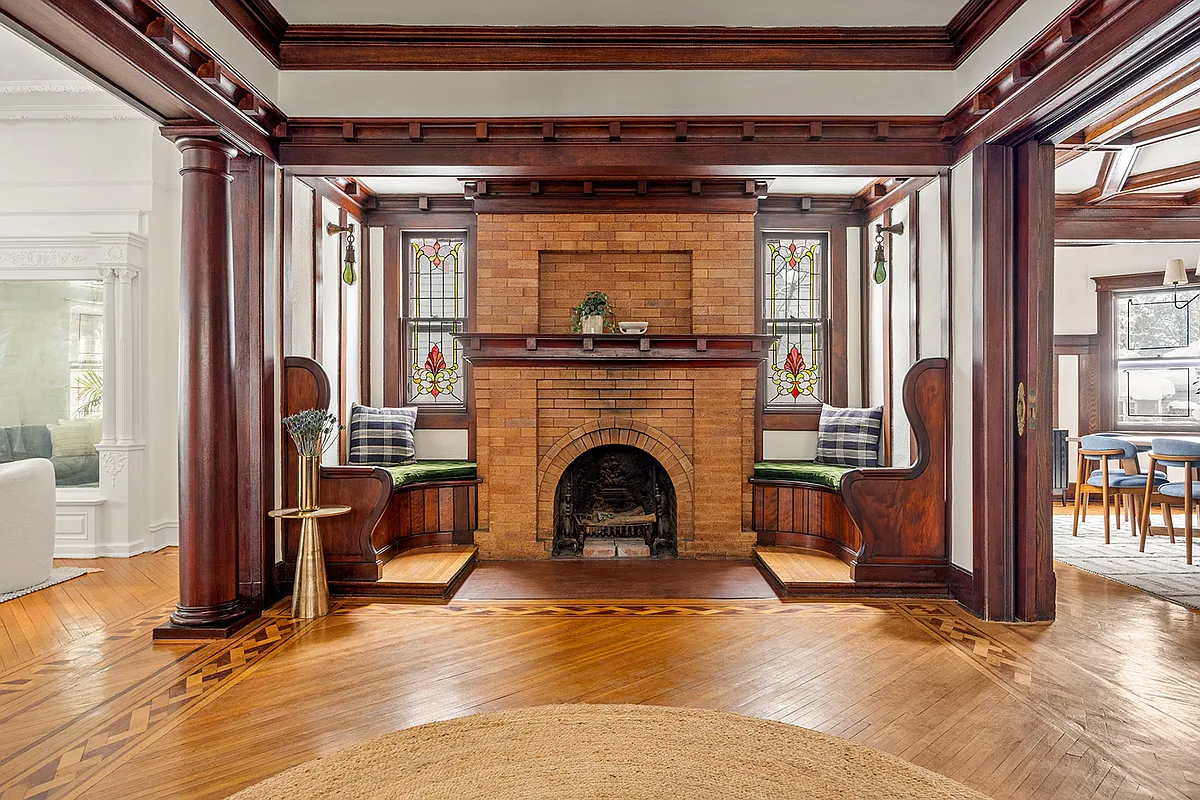Market Downturn Reminder That All RE is Local
One school of thought on the cooling real estate market is that only those cities that have experienced rapid price escalation are likely to feel significant pain on the way down. A recent forecast from Fiserv Lending Solutions calls for median prices to slip in such hotspots as New York, Phoenix and Los Angeles while…

 One school of thought on the cooling real estate market is that only those cities that have experienced rapid price escalation are likely to feel significant pain on the way down. A recent forecast from Fiserv Lending Solutions calls for median prices to slip in such hotspots as New York, Phoenix and Los Angeles while seeing upside in unsexy secondary markets like Rochester, NY, Memphis, TN and Portland, ME. As we’ve discussed before, though, within the prediction for an overall drop of 2.3% in New York City there’s lots of room for divergence on a neighborhood and property-type basis.
One school of thought on the cooling real estate market is that only those cities that have experienced rapid price escalation are likely to feel significant pain on the way down. A recent forecast from Fiserv Lending Solutions calls for median prices to slip in such hotspots as New York, Phoenix and Los Angeles while seeing upside in unsexy secondary markets like Rochester, NY, Memphis, TN and Portland, ME. As we’ve discussed before, though, within the prediction for an overall drop of 2.3% in New York City there’s lots of room for divergence on a neighborhood and property-type basis.
Hot Home Markets to Cool Down [CNN Money]





I do real estate in the Hudson Valley. I think things have slowed down here because the prices got too out of control. People are still moving up here, but they are grabbing up homes for under $350k. You’re not really saving much in the long run if you spend $700k on a home, $300 per month on Metro North and $10k year in taxes. That doesn’t make sense. Although, 11:43, you do have point about quality of life. I live in Brooklyn and up here and maybe it’s because I’m getting old, but I think I’m happier here. This week, anyway. ; )
I don’t think there are any statistics to support that suburbs are becoming less popular and of a ‘back-to-the-city’ movement. Maybe among someone’s limited group of acquaintences but is not true of general population. Growth of NYC has been immigrants from other countries not from transplants from LI and Ohio. The continued trend is outward from NYC.
If NYC suburban prices have slowed or declined a bit is because interest rates are going up, and prices there also have increased dramatically (and of course their RE taxes).
I think if people stop using ‘bubble’ (which infers something will become next to worthless when popped) and start using ‘correction’ you may get more agreement then disagreement.
The bubble people here seem to be in is that property in their or some particular neighborhood have increased way out of proportion compared with NYC region as a whole.
Prices everywhere have climbed dramatically here regionwide – not just brownstone Bklyn. .
You may have a point Anon at 11:17. I actually hope you’re right because fresh air, quiet and space will always be a priority to me so if the ‘burbs become less popular, awesome. More choice for me!
I know people on both ends though – 30 somethings remaining urban and others moving suburban. It seems kind of split amongst my friends. I do know that many “eventually” plan to go to the suburbs. I think time and personal circumstances, however, will make those decisions in the long run. Family also plays a role.
I wonder how many people, however, will start to feel like I am right now – people just aren’t all that friendly or considerate anymore, and condo living , while convenient, forces those people upon you. I am all for convenience but in a less kind and considerate world, having your own space can mean a lot. Brownstones may remain popular for the reasons cited above, but let’s face it – they aren’t that numerous, it’s a small minority who can afford them, and eventually, that could mean a move to the suburbs for many who thought urban condo living had been for them.
You people are a little bit crazy. Or been, as they say, smoking your own product.
Every metric, every article, every study says that NYC prices are due to drop. You can go by median home price vs. median income; house prices indexed against inflation or, realistically, anything else; housing values vs. rental prices; interest rates current and projected versus historical; whatever.
The market is due for a correction. And anecdotal evidence isn’t good for a thing except to stave off deeper facts.
It’s fine to be optimistic and unrealistic when you’re talking to clients but no need to bring it here.
First, I will make the obvious comment that most of us who rent think this is indeed a bubble, while those of you who own think it is not a bubble. Or at least, it may be a bubble, but not in my zip code. I’ve gone back and forth between hope and dispair, but I must say, if it is a bubble (and these days I’m swinging towards hope), I think it will affect all neighborhoods, as bubbles have a tendency to do. I was in Seattle in 1999 and 2000 when everyone was talking market caps and burn rates and all those bright young Harvard MBAs could throw you a million reasons why the dot.com bubble wouldn’t burst. And then a few months later, when it did, there were still the fringe hedge fund wizards talking “Boomernomics” and why the stock market didn’t have to correct but could keep going up up up at a dizzing pace, defying all historical data to the contrary. Guess what? They were really smart people who got cocky because they were rich and didn’t face reality that what goes up generally comes down. At least for a while. The market has a way of correcting its messes and there’s no way a ten year run of crazy real estate speculation is going to change Adam Smith’s reality. Will it crash? Who knows. I think it has potential to crash, when upper middle class families like mine can no longer afford to live in Brooklyn nabes, there’s something wrong with the market. But I do think there will be a correction, and that it will be soon, and that it will hit every neighborhood that went up up up. There, I said it. Now go ahead an rag on me since I don’t own so I can’t possibly know what I’m talking about.
Brower Park..
I would say Ft Greene is to Clinton Hill as Brooklyn Heights is to Cobble Hill. For whatever reason, it generally seems to carry more of a premium than Clinton Hill. That may not last and I’ll probably get flamed, but it’s just an observation.
I think that the main reason the burbs may languish on the market is that younger generations are taking longer to move out of the city. The retirees are looking to sell and downsize, move to florida, etc. but the current crop of 30 somethings that are starting families are not rushing to the burbs like they used to. Now they are staying put in the city longer, waiting longer to start families, or finding more urban ‘suburbs’ like Brooklyn.
If this shift in mentality holds true and the suburbs begin to lack the desirability they once had it could lead to some major market changes. Supply may continue to increase and prices drop outside nyc while Brooklyn, Queens, and the Bronx continue to experience strong demand.
I think what might be happening in the suburbs reflects a generational thing. Suburban life was set up to address the living styles of our parents and grandparents. To a lot of people this lifestyle has become a kind of dull throw back. I grew up on Long Island; I’ll never go back…
“where are the suburanites moving to? are they moving to other suburbs? or to cities? they have to be going somewhere and why has that market really been hit hard?”
I was wondering the same, since I’m the one who posted about it earlier. I know that my parents have a lot of friends who are downsizing or want to. One may be moving into the city, for example. There are many people from their town (on LI) that are moving south. And nothing in my hometown is selling right now, according to a realtor friend who’s been selling there for 20 years (and this is not a fringe town at all – upper-middle class, great commute, great schools). The real issue in the suburbs, I think, is that the “move up” buyers cannot sell their homes for what they need to in order to “move up” to the boomer/retiree places. It would seem to me that the retirees will want to sell more, so they’ll have to cut prices so that the move ups can afford to move up; then the move ups don’t need to be so stringent on their prices (not that they won’t try – greed is a prevalent disease nowadays).
I am looking in Westchester and have seen several homes under contingent contract, and my realtor once told me that (at least where I am looking) that those contracts are generally b/c people need to sell one home to buy another.